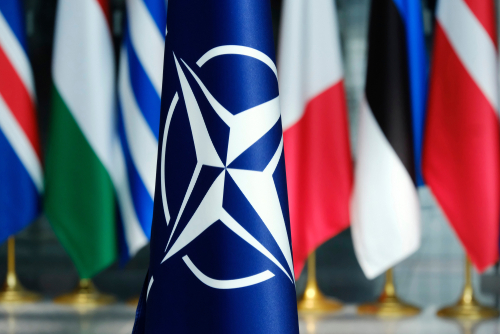
Analysis of NATO Relations With Russia
Analysis of NATO Relations with Russia has been in the spotlight recently as NATO prepares to expand into Ukraine. The conflict has also prompted many analysts to ask whether NATO has the right to expand, and the Russians have raised concerns about this. Nevertheless, it is crucial to consider the ramifications of enlarging NATO’s sphere of influence. While Russia’s growing military capabilities make that possible, many observers doubt that the alliance can do so successfully.
The Russian challenge poses multiple uncertainties. The intentions of Moscow’s leadership are often unclear to NATO members. Some argue that Moscow’s aggressive behavior in Ukraine is an indication that it is willing to use force against former Soviet republics. Others fear that Moscow could use military force against the alliance. There are many reasons for this uncertainty, and there are many questions that must be answered. However, the question remains whether NATO will continue to develop its defense capabilities in the face of such threats.
First, NATO states need to assess the real threat posed by Russia. They need to assess the threat to ensure that it is limited. As the Russians continue to develop their nonkinetic arsenal, NATO may be tempted to escalate its actions. Depending on the nature of the threat, several member states could be pressed to send even more weapons and trainers to the region. The result of this would be a dangerous situation for the allies.
Second, NATO Allies must pay attention to the original purposes of NATO-Russia relations. This means striking the right balance between the two. With Russia in a treaty default, it is crucial to be aware that the situation is dynamic and requires balancing between military and non-military means. Additionally, it is imperative to be vigilant about the fact that Russia may be using Western propaganda to promote its national interests and protect its borders.
Third, the U.S. needs to reassess the NATO-Russia alliance and its future role in the region. The U.S. is the most powerful nation in Europe. Its strategic importance in the region should not be underestimated. Moreover, it is vital for the Baltic States to maintain close cooperation with the United States. In a case of war, NATO is the main ally of the United States.
In addition, NATO’s Maritime Posture is being reinforced, aiming to improve maritime situational awareness and sea lines of communication. In particular, this is important for the North Atlantic, which could play an important role in the movement of troops from North America to Europe. In addition, NATO’s Maritime Posturing is important for displaying its naval presence in the Baltic and demonstrating that it is not prepared to accept Russian control of the region.
The latest development in NATO-Russia relations highlights the relationship’s capacity to protect itself in the event of a conflict. Its role has always been to protect the alliance’s allies from possible threats. In addition to these, Moscow and NATO’s military capabilities are closely linked, which makes it vital to maintain their respective strategic alignments. While both sides are keen to maintain relations, there are several factors that should be considered in a country’s relationship with the other.
The most important aspect of NATO-Russia relations is the level of cooperation. The two organizations have expanded their military footprint in the Black Sea and have bolstered their military presence in the region. Moreover, both sides have embraced a mutually beneficial partnership in their foreign policy. The alliance also helps each other in countering the other’s aggression. While this relationship is still developing, it will help in keeping the alliance’s forces together.
As of 2016, NATO’s relations with Russia have improved. The new enlargement of NATO to the east has been a major source of regional instability and a central source of disagreement between the two countries. At the 2016 Warsaw Summit, both sides emphasized the need to maintain trust with their eastern allies and increase the resilience of their allies. They also recognized the need for dialogue with Russia. The alliance is resolute in this area, and the alliance’s allies are working to improve relations with Moscow.


























